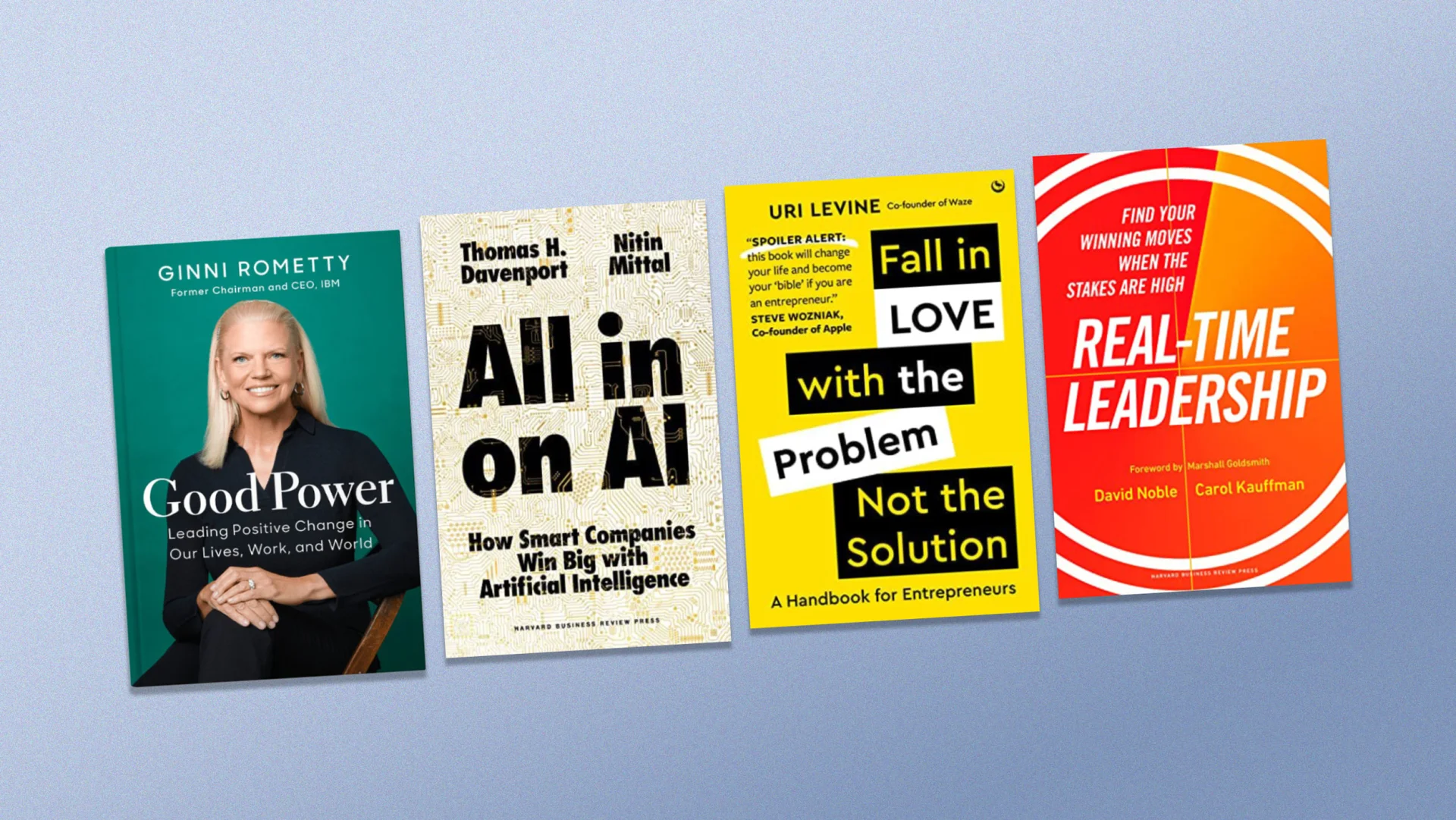Business students need to develop strong analytical, leadership, and strategic thinking skills. Reading insightful books can enhance their understanding of business concepts and real-world practices. Here is a list of the best books for business students. They will broaden their knowledge and improve their skills.
Top 10 Best Books for Business Students
- “Rich Dad Poor Dad” by Robert Kiyosaki
- “The Lean Startup” by Eric Ries
- “Thinking, Fast and Slow” by Daniel Kahneman
- “Zero to One” by Peter Thiel
- “Good to Great” by Jim Collins
- “Start with Why” by Simon Sinek
- “Blue Ocean Strategy” by W. Chan Kim and Renée Mauborgne
- “The Personal MBA” by Josh Kaufman
- “The Art of War” by Sun Tzu
- “Principles: Life and Work” by Ray Dalio
Detailed Overview of Each Book
Rich Dad Poor Dad by Robert Kiyosaki
This classic book focuses on financial literacy and how to manage money effectively. Robert Kiyosaki shares lessons from his two “dads.” One is his poor biological father. The other is a wealthy mentor. For students preparing for different exams, including those looking for the Best AP Environmental Science Prep Books, this book highlights the importance of disciplined financial planning, a skill relevant across all fields.
Key Lessons:
- The importance of building assets.
- How to make money work for you.
- Differences between liabilities and investments.
Students must read this to learn personal finance and wealth-building.
The Lean Startup by Eric Ries
“The Lean Startup” is a guide to building a business with limited resources. Eric Ries introduces the “minimum viable product” (MVP). He stresses the need to test ideas early.
What You’ll Learn:
- How to launch a product quickly.
- The importance of adapting to market feedback.
- Methods to reduce risk in startups.
Business students will benefit from its actionable advice on innovation and entrepreneurship.
Thinking, Fast and Slow by Daniel Kahneman
Daniel Kahneman, a Nobel laureate, explores how humans think and make decisions. The book breaks down two types of thinking: fast (intuitive) and slow (deliberative).
Key Takeaways:
- Understanding cognitive biases.
- How decision-making impacts business strategies.
- Ways to improve critical thinking skills.
This book is perfect for students looking to sharpen their problem-solving abilities.
Zero to One by Peter Thiel
Peter Thiel, the co-founder of PayPal, shares his insights on creating groundbreaking businesses. He argues that the best businesses are those that innovate rather than replicate.
Lessons Included:
- How to find and build monopoly markets.
- The importance of thinking differently.
- Why bold ideas lead to success.
Business students interested in startups and innovation will find this book invaluable.
Good to Great by Jim Collins
“Good to Great” looks at why some companies succeed while others fail. Jim Collins identifies key factors that make a business excel.
Key Insights:
- The importance of disciplined people, thought, and action.
- How leadership impacts business growth.
- The role of core values in success.
This book is a must-read. It explains what separates good companies from great ones.
Start with Why by Simon Sinek
Simon Sinek explains that great leaders inspire action. They focus on the “why” behind their work. This book encourages businesses to lead with purpose.
What You’ll Learn:
- The importance of having a clear mission.
- How to communicate your vision effectively.
- Building trust and loyalty with employees and customers.
It’s an inspiring read for future business leaders.
Blue Ocean Strategy by W. Chan Kim and Renée Mauborgne
This book introduces the concept of creating uncontested market spaces, or “blue oceans.” W. Chan Kim and Renée Mauborgne provide strategies to make competition irrelevant.
Highlights:
- How to innovate for new markets.
- Examples of companies that succeeded with blue ocean strategies.
- Tools for strategic planning.
Business students will learn how to think creatively and strategically.
The Personal MBA by Josh Kaufman
Josh Kaufman offers a crash course in business fundamentals. This book teaches marketing, sales, and finance. No MBA is needed.
Topics Covered:
- Basics of business operations.
- How to build a profitable company.
- Tools for managing time and resources.
This book is ideal for students wanting a complete overview of business concepts.
The Art of War by Sun Tzu
This ancient text offers timeless lessons on strategy, competition, and leadership. Sun Tzu’s insights are widely applicable to modern business practices.
Key Lessons:
- How to adapt to changing circumstances.
- The importance of planning and preparation.
- Using strengths to exploit competitors’ weaknesses.
Business students can learn strategic thinking and competitive analysis from this classic work.
Principles: Life and Work by Ray Dalio
Ray Dalio, founder of Bridgewater Associates, shares his success principles. This book is a blend of personal advice and professional strategies.
Key Takeaways:
- The importance of embracing reality.
- Tools for decision-making and problem-solving.
- How to build a strong organizational culture.
Students will gain valuable insights into leadership and self-improvement.
FAQs
Which book is best for beginners in business?
“The Personal MBA” by Josh Kaufman is great for beginners. It covers essential business topics in an easy-to-understand way.
What book helps with leadership skills?
“Start with Why” by Simon Sinek focuses on building purpose-driven leadership.
Are these books helpful for entrepreneurs?
Yes, books like “The Lean Startup” and “Zero to One” are tailored for aspiring entrepreneurs.
Can these books improve decision-making?
Absolutely. “Thinking, Fast and Slow” and “Principles” provide decision-making frameworks for business and life.
Conclusion
Reading is a powerful tool for business students. It helps them develop skills and expand their knowledge. These books cover key topics: leadership, strategy, innovation, and growth. These best books for business students will guide you. They are for aspiring entrepreneurs and those seeking corporate careers. Start with one of these classics. It’s the first step to becoming a successful business leader.

